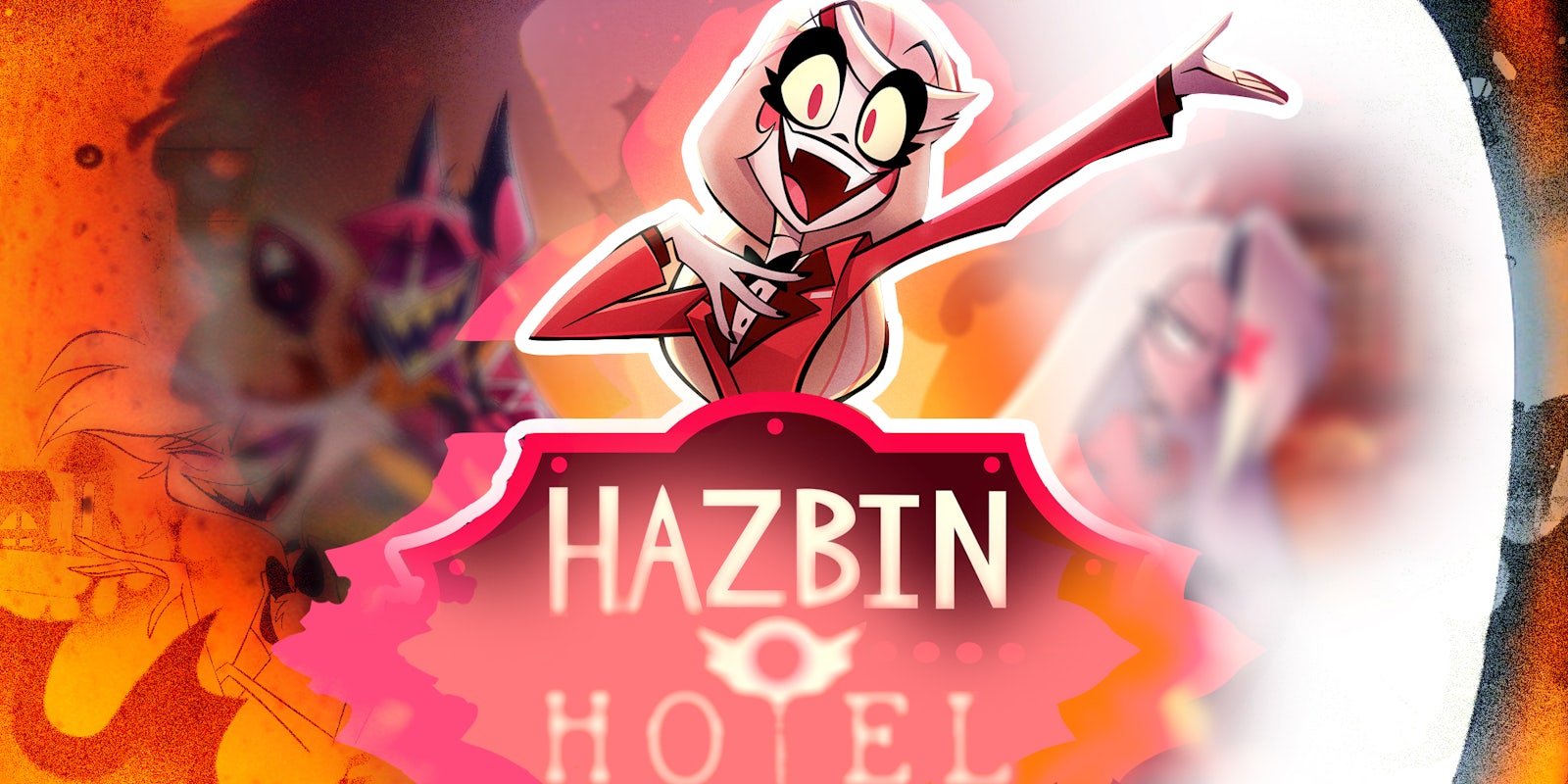
On Jan. 5, Twitter user Chai posted a screenshot of a September 2022 leaked message from animation studio SpindleHorse Toon’s Discord. In the message, production supervisor Adam Neylan shared the rates for the season finale of the studio’s A24 collaboration, Hazbin Hotel, which premiered on Jan. 18 and is the third most popular show this week on Amazon Prime.
In the message, Neylan said the rates would be “$35 for a second of rough animation” with the opportunity to negotiate based on shot complexity and to earn more money down the line. Hazbin Hotel was mostly animated in twos, requiring 12 drawings per second of animation.
Chai, a vocal critic of the studio’s founder and CEO Vivienne “VivziePop” Medrano, called the pay “slave wages,” telling Passionfruit they received the Discord screenshot from “a current SpindleHorse employee.” The tweet accumulated over 7 million views.
“I felt it was important to share what I shared because not everyone feels they’re in a safe position to speak out,” Chai added.
According to Neylan, the message was taken out of context and was only for a job in clean-up, which involves tracing and cleaning up rough animation work in one of the last steps in the animation cycle. Though Neylan couldn’t share specifics, he did confirm its legitimacy.
“The job was voluntary, nobody was being forced into taking less money,” Neylan said. “It was entirely something where we said, ‘This is what we have to work with, and this is the project that we’re working on. And if you want to take it, great, and if you don’t, we understand, and we’re willing to work to keep you employed and working on another project.”
The complaints towards SpindleHorse, however, go far beyond this one viral tweet and indicate a much larger story about the challenges of scaling an indie YouTube studio. Passionfruit spoke to a dozen current and former employees and contractors, most on the condition of anonymity because they feared retaliation from Medrano or her fan base. While some described their experiences as “positive” and “sometimes idyllic,” others felt the studio was “disorganized,” plagued with “very tight deadlines,” and offered low but “industry average pay.” …


